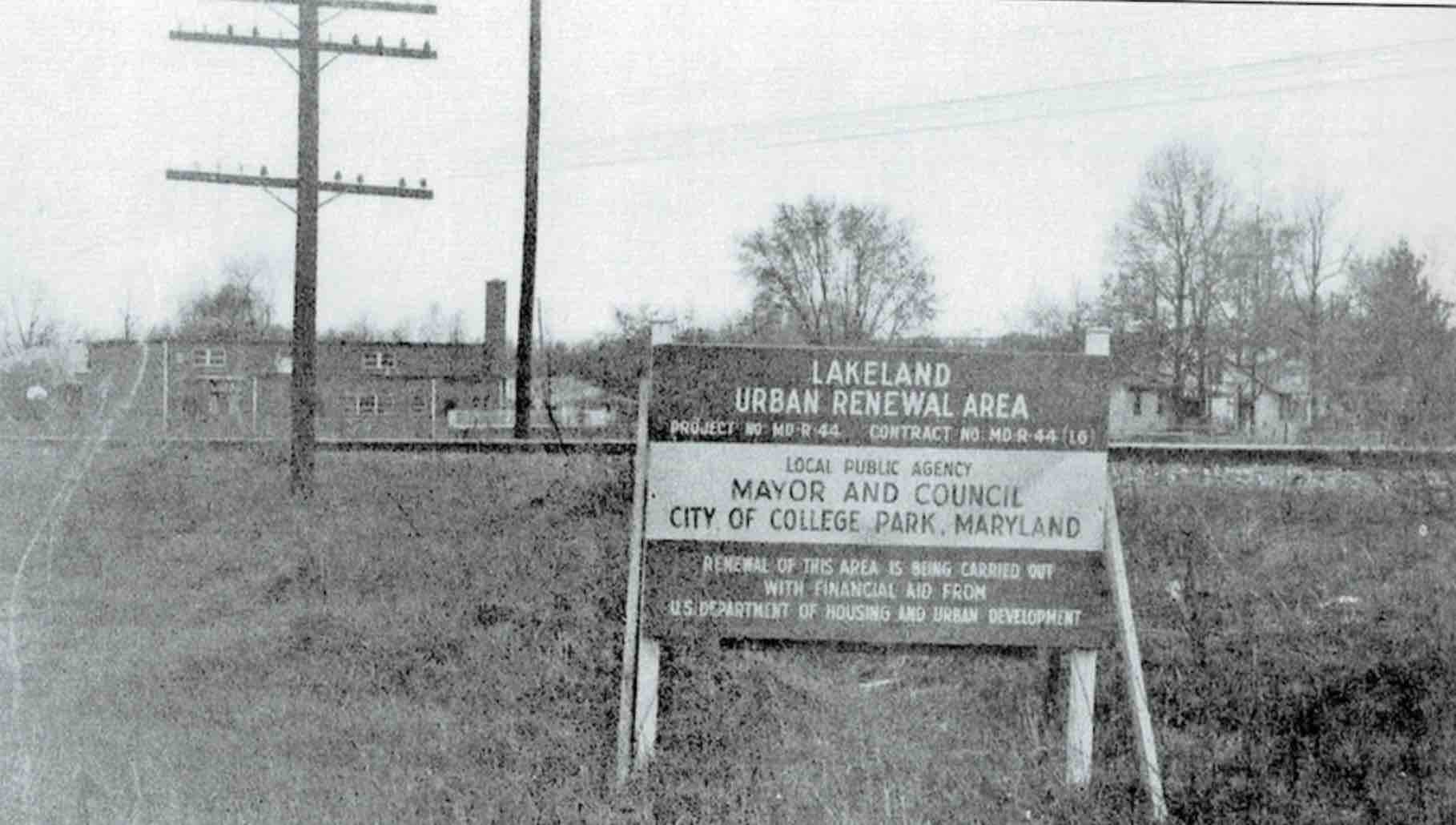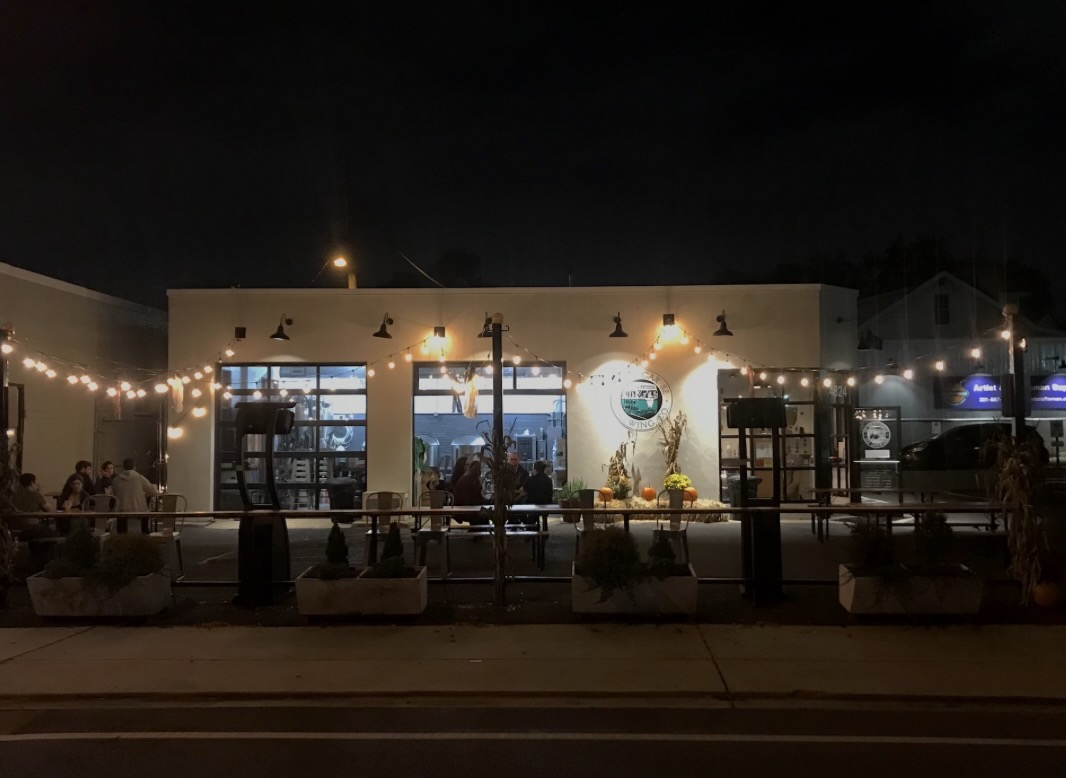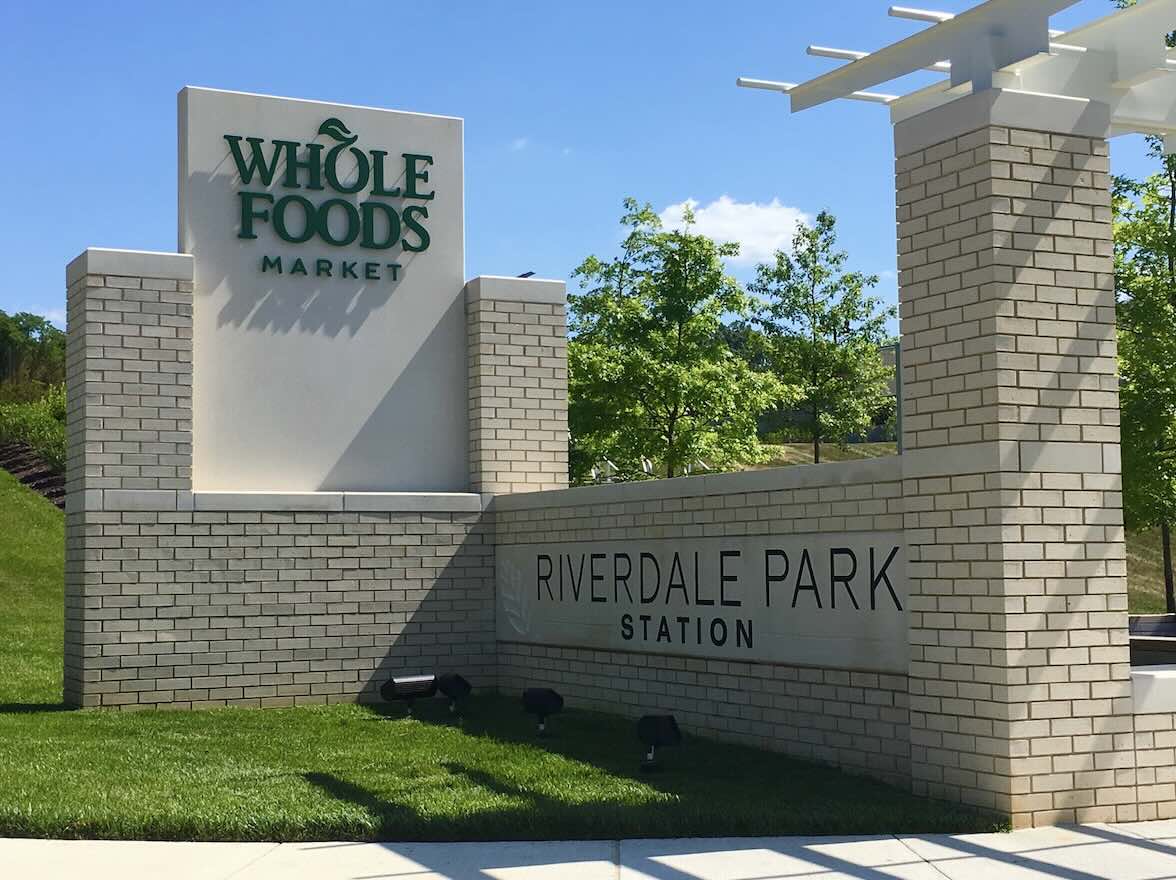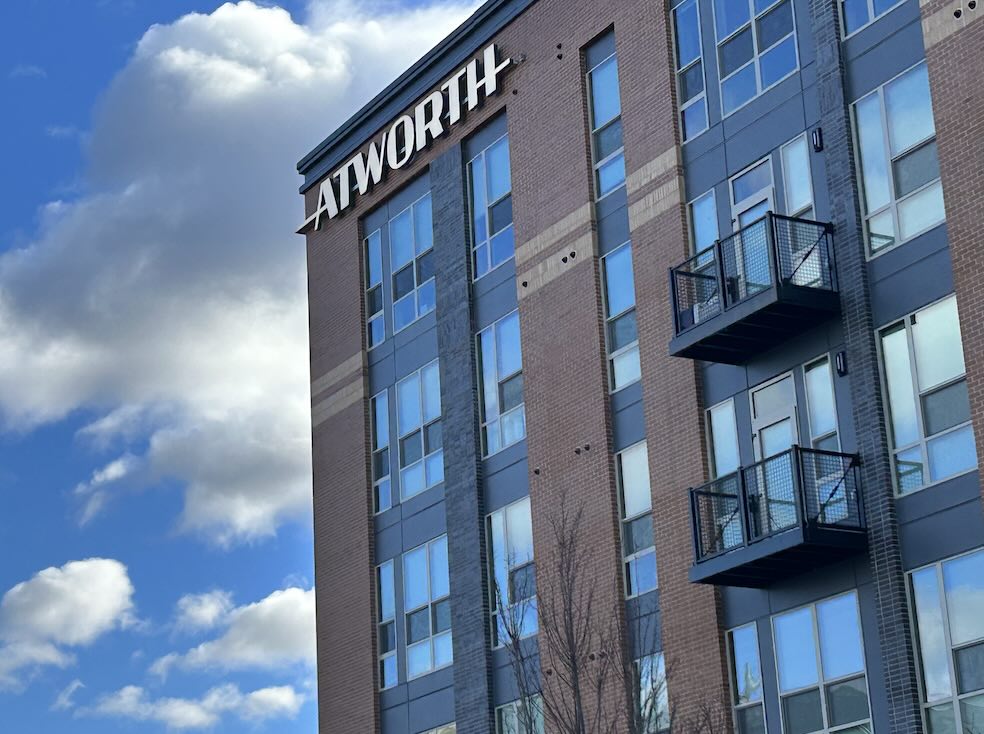
The city of College Park is looking to rectify the damage done to the historically Black community of Lakeland in the 1970s.
Homes in a one-square-mile area around Lake Artemesia that were part of a thriving community of Black residents were systematically torn down as part of an “urban renewal” program led by the federal Department of Housing and Urban Development that began in 1968.
Residents were told the process would take about five years and end with the local high school being converted into a community center and new single-family homes that they could move back into. Those promises were not kept, however.
Instead, bulldozers tore down the homes and community meeting spots like the Lakeland Tavern, an Elks Hall and an American Legion post, as a recent story in the Washington Post noted.
“My brother used to call the bulldozer — it must have been a seven-ton Caterpillar — the ‘giant eraser,’” one former resident told the Post.
The city plans to use some of the $21 million it will receive in coronavirus funds from the federal government on a restorative justice program, but it has not yet decided exactly what to do with the money.
Among the ideas being discussed are a cultural center, low-income housing or programs to help low- and middle-income households stay in the community.
Support the Wire and Community Journalism
Make a one-time donation or become a regular supporter here.
















A familiar and never endingt story!!!